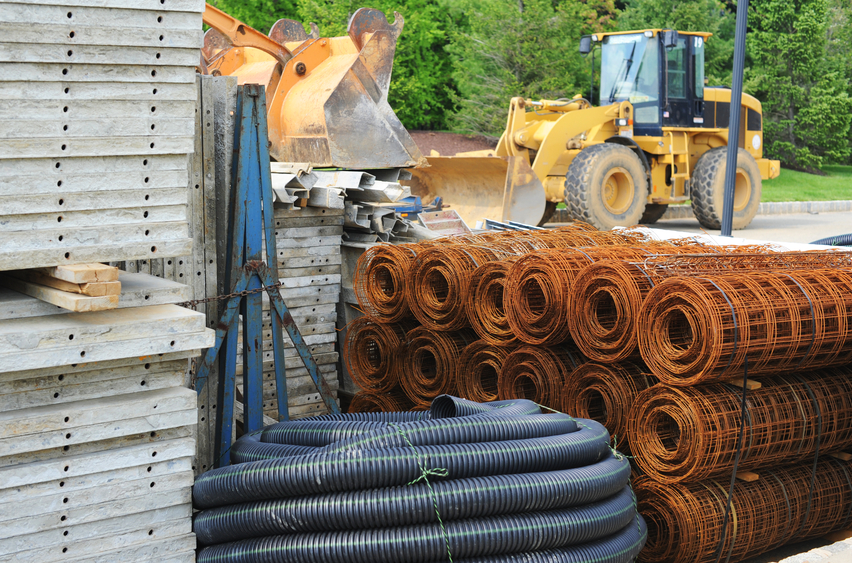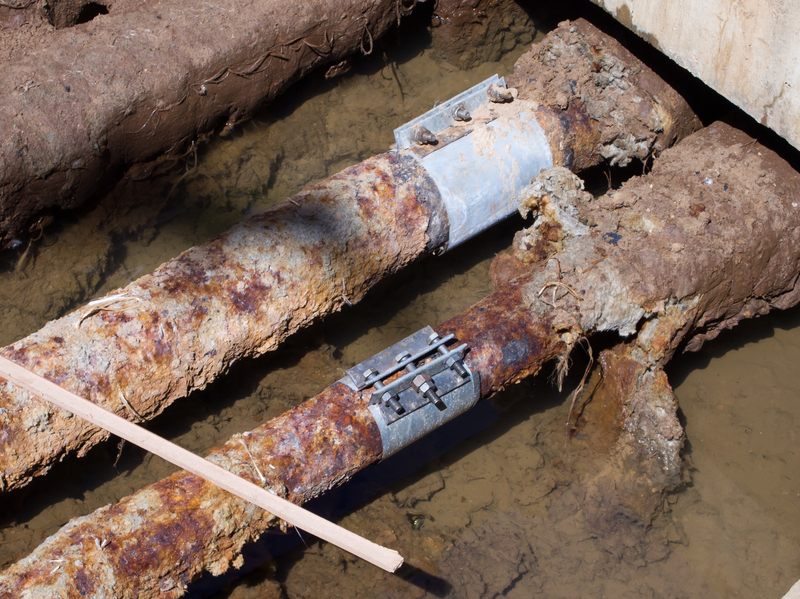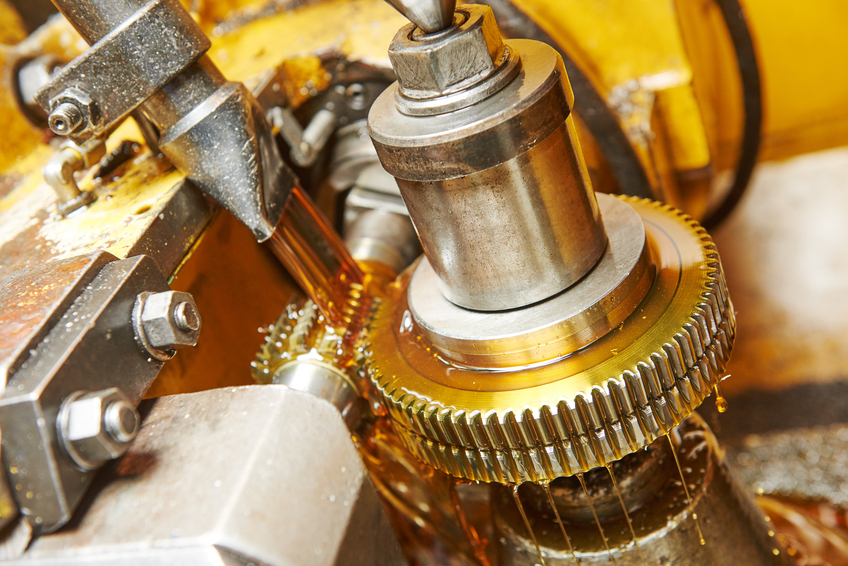New York Materials and Ethics 18 PDH Discount Package 3
Corrosion Control for Aircraft (T09-001)
Lubricants and Hydraulic Fluids: Applications (T07-003)
Ethics, Professionalism and Disciplinary Actions: Case Studies (LE1-003)

This online engineering PDH course provides basic information on Positive Material Identification testing method.
Positive Material Identification (PMI) is a method that engineers or technicians use to verify that supplied materials used in manufactured parts are conform to proper standards and specifications. Positive Material Identification is used in mining, jewelry analysis, manufacturing, and in the refining industry to prevent material mismatches. An accident at the BP Texas City refinery on July 28, 2005 demonstrated how material mismatches can be catastrophic. Therefore, The U.S. Chemical Safety and Hazard Investigation Board recommended PMI to prevent improper substitutions of alloys in hazardous process systems.
This 1 PDH online course is applicable to all engineers, design and construction personnel, technical staff and facility operators who are interested in gaining a better understanding of what Positive Material Identification is and what it is not.
This PE continuing education course is intended to provide you with the following specific knowledge and skills:
- Familiarizing with API Recommended Practice 578 that can be used when developing a PMI program
- Learning about X-ray Florescence (XRF) PMI test method
- Understanding the optical emission spectrometry (OES) PMI test method
- Gaining a general overview on the chemical laboratory analysis test method
- Exploring the qualitative method discussed in API Recommended Practice 578 which involves resistivity testing
Upon successful completion of the quiz, print your Certificate of Completion instantly. (Note: if you are paying by check or money order, you will be able to print it after we receive your payment.) For your convenience, we will also email it to you. Please note that you can log in to your account at any time to access and print your Certificate of Completion.

This online engineering PDH course provides information regarding the identification and treatment of corrosive attack on aircraft structures and engine materials.
Corrosion is the electrochemical deterioration of a metal because of its chemical reaction with a surrounding environment. While the aerospace industry is continuously developing new and better materials, progress is offset partly by a more aggressive operational environment and by the complexity of the corrosion phenomenon, which can take many different forms. The resistance of aircraft materials to corrosion can drastically change with only a small environmental change.
This 9 PDH online course is applicable to material, industrial and mechanical engineers, as well as aircraft operators, maintenance and repair personnel in addition to all others seeking a better understanding of the basics of corrosion in aircrafts.
This PE continuing education course is intended to provide you with the following specific knowledge and skills:
- Familiarizing with the factors that cause corrosion
- Understanding the effects of corrosion
- Knowing which areas are prone to corrosion and the methods of prevention
- Learning the requirements for inspecting aircraft
- Learning corrosion removal techniques
Upon successful completion of the quiz, print your Certificate of Completion instantly. (Note: if you are paying by check or money order, you will be able to print it after we receive your payment.) For your convenience, we will also email it to you. Please note that you can log in to your account at any time to access and print your Certificate of Completion.

This engineering online PDH course covers the lubricant specifications and selection, requirements of lubricants for different types of equipment as well as the operation and maintenance considerations.
This course is intended to be a practical guide to lubrication with enough technical detail to allow personnel to recognize and easily discern differences in performance properties specified in manufacturers' product literature so that the proper lubricant for a particular application is selected. In addition, this course discusses the considerations required to adequately maintain the integrity of the lubricants and ensure their effective performance.
This 7 PDH online course is applicable to engineers, design and construction personnel, and other technical professionals who are interested in gaining a better understanding of lubricants and hydraulic fluids.
This PE continuing education course is intended to provide you with the following specific knowledge and skills:
- Learning about the basic types of gears and the lubricants they require
- Understanding the basic characteristics of bearing lubrication and their application
- Familiarizing with the lubrication of miscellaneous applications including but not limited to stormwater pumps and motors, couplings, hoists and cranes, wire ropes, and chains
- Familiarizing with the operation, maintenance, and selection considerations of lubricants
Upon successful completion of the quiz, print your Certificate of Completion instantly. (Note: if you are paying by check or money order, you will be able to print it after we receive your payment.) For your convenience, we will also email it to you. Please note that you can log in to your account at any time to access and print your Certificate of Completion.

In this online engineering PDH course, ten case studies of actual enforcement actions taken by a state licensing board are presented. The cases have been selected to be representative of situations likely to exist in many states. Board procedures and the types of enforcement actions available are shown by a variety of cases ranging from a geotechnical engineer who produced (within one hour and without visiting the site) a soils report, to an engineer who was unable to document his PDH's during a board audit. The importance of being very careful about when to put "P.E." after one's name on a document also will become apparent.
Codes of ethics for engineers typically describe standards for professional behavior. The enforcement of those ethical standards that are inscribed into law lies with the licensing boards of state governments.
This 1 PDH online course is intended primarily for all engineers seeking to deepen their understanding of what constitutes ethical and professional engineering behavior and how such behavior is enforced by the licensing board.
This PE continuing education course is intended to provide you with the following specific knowledge and skills:
-
Familiarizing with the format of enforcement decrees issued by a state licensing board
-
Knowing the ten different types of licensing violations
-
Understanding the investigative process of the board, as it attempts to determine the validity of complaints brought before it
-
Learning about the types of enforcement actions available to the board
In this professional engineering CEU course, you need to review the course document titled, "Ethics, Professionalism and Disciplinary Actions: Case Studies".
Upon successful completion of the quiz, print your Certificate of Completion instantly. (Note: if you are paying by check or money order, you will be able to print it after we receive your payment.) For your convenience, we will also email it to you. Please note that you can log in to your account at any time to access and print your Certificate of Completion.